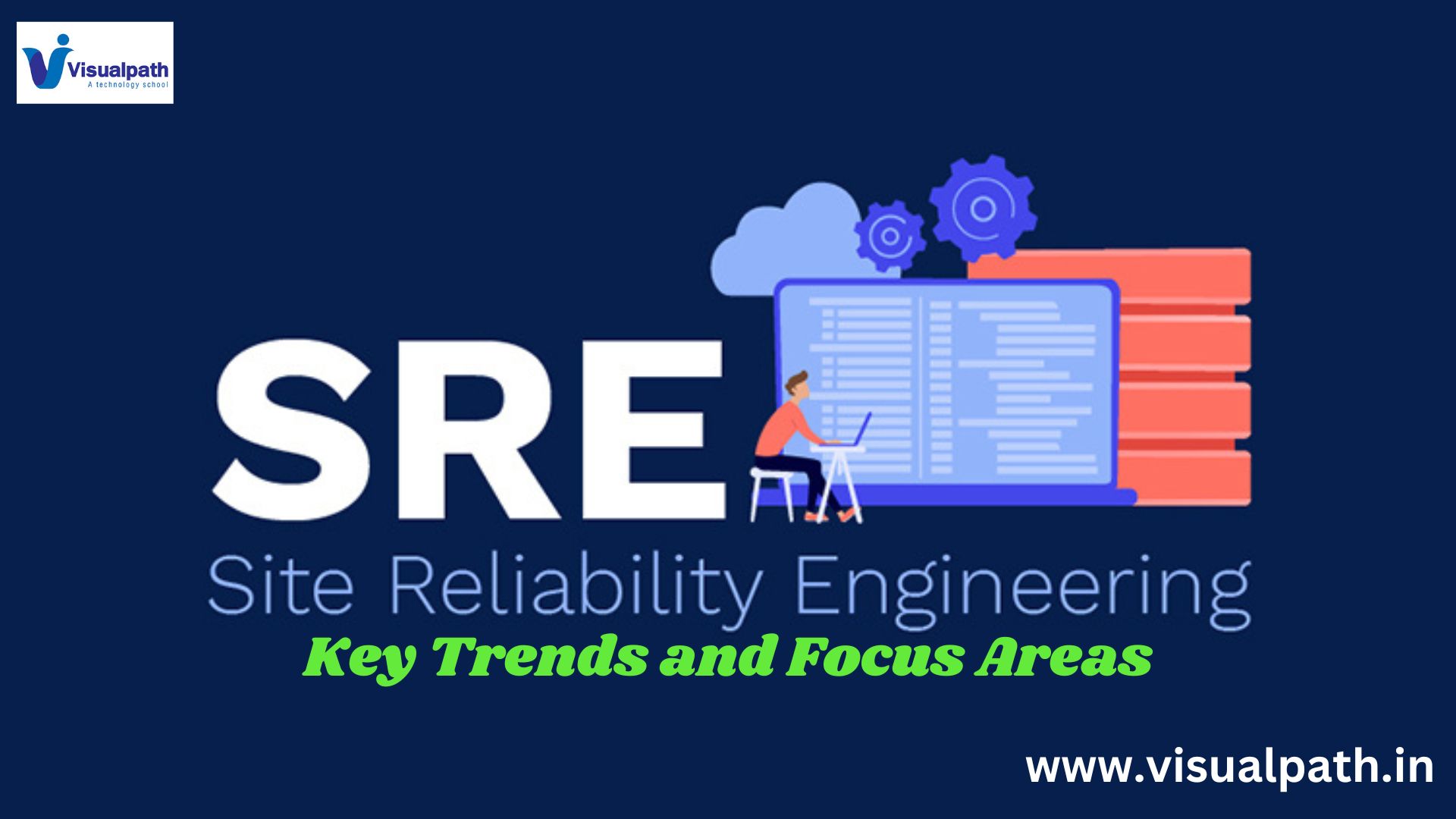Tag: SRE
Top 5 Advantages & Disadvantages of Site Reliability Engineering
Introduction: Site Reliability Engineering (SRE) Training has emerged as a critical discipline in modern technology organizations, bridging the gap between software development and operations to ensure highly reliable systems. Like any approach, SRE has both strengths and challenges. Here are the five best advantages and disadvantages of SRE, explained in detail. Advantages of Site Reliability […]
Site Reliability Engineering (SRE) Training: Set Up Effective Monitoring for Various System Types
Introduction: Site Reliability Engineering (SRE) Training is a field that blends software engineering with systems engineering to ensure the reliability, scalability, and performance of systems in production. One of the key aspects of SRE is setting up effective monitoring systems to track the health and performance of different types of systems. Proper monitoring helps in […]
Site Reliability Engineering Training: What is Vulnerability Scanning?
Introduction Site Reliability Engineering Training is crucial for modern organizations aiming to enhance system reliability while ensuring robust security measures. One of the critical practices in Site Reliability Engineering (SRE) is vulnerability scanning. It plays a pivotal role in identifying security gaps within systems, helping organizations proactively mitigate risks. This article delves into what vulnerability […]
Site Reliability Engineering Training: The Future of SRE and Challenges
Introduction Site Reliability Engineering Training has become a pivotal aspect of modern IT infrastructure, equipping professionals with the skills to bridge the gap between development and operations. As organizations strive for enhanced system reliability, scalability, and efficiency, the role of Site Reliability Engineering (SRE) is poised to grow exponentially. But what does the future hold […]
Importance of Observability in Site Reliability Engineering (SRE)
Introduction: Observability plays a pivotal role in Site Reliability Engineering (SRE) as it provides the necessary insights to ensure that systems are running smoothly, problems are identified quickly, and outages or performance issues are prevented. As SRE is a practice cantered on maintaining reliable and scalable systems, observability becomes the foundational tool that allows SRE […]
What is a Service Level Agreement (SLA)?
Introduction: Service Level Agreement (SLA) is a formal, negotiated contract between a service provider and a client that defines the specific services to be delivered, the performance standards expected, and the responsibilities of both parties. SLAs are common in various industries, particularly in IT services, cloud computing, telecommunications, and managed services. The primary purpose of […]
Key Trends and Focus Areas for SRE
Introduction: Site Reliability Engineering (SRE) has emerged as a crucial discipline for maintaining the reliability, scalability, and efficiency of large-scale systems. As the digital landscape continues to evolve, SREs must stay abreast of key trends and focus areas that shape their field. Here are some of the most significant trends and focus areas for SREs […]
Evolutions of Site Reliability Engineering (SRE)
Introduction: Site Reliability Engineering (SRE) has transformed from a niche discipline within Google to a fundamental practice adopted by enterprises globally. Its evolution mirrors the technological advancements and increasing complexity of IT systems, emphasizing the necessity for reliability, scalability, and efficiency. Here’s an in-depth look at how SRE has evolved and its impact on modern […]








